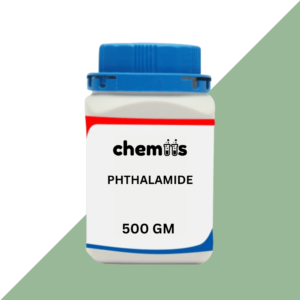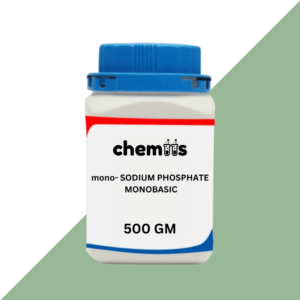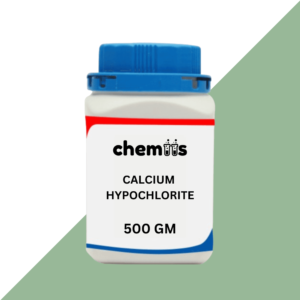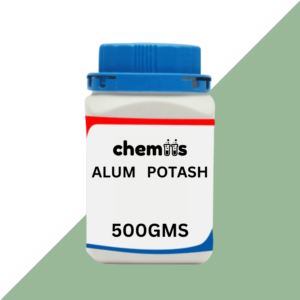Mono-potassium phosphate (KH₂PO₄), also known as MKP, is a high-purity, water-soluble inorganic compound used as a fertilizer, buffering agent, and food additive. It is a rich source of potassium and phosphorus, essential nutrients for plant growth and metabolic processes in various industries. MKP is known for its versatile applications due to its non-toxic and environmentally friendly nature.
Applications
- Agriculture
- Fertilizer:
- A key component in fertilizers for providing readily available potassium and phosphorus to plants.
- Used in foliar sprays, drip irrigation, and hydroponics for efficient nutrient delivery.
- Enhances root development, flowering, and fruiting in crops.
- Fertilizer:
- Food Industry
- Used as a food additive to regulate acidity.
- Functions as a nutrient in yeast and fermentation processes.
- Applied in the production of processed cheese, dairy products, and beverages.
- Pharmaceutical Industry
- Acts as a buffering agent in medicinal formulations.
- Stabilizes active ingredients in drugs.
- Water Treatment
- Prevents scale formation in industrial water systems.
- Enhances water quality by acting as a phosphate source for certain applications.
- Industrial Applications
- Used in the manufacture of detergents and cleaning products.
- Acts as a corrosion inhibitor in metal treatment processes.
- Laboratory Use
- Serves as a pH buffer in chemical and biological experiments.
- Utilized in molecular biology for the preparation of reagents.
- Environmental Applications
- Applied in soil remediation projects to neutralize acidic soils.
Safety and Handling
- Hazards:
- Non-toxic and generally safe, but may cause mild skin or eye irritation.
- Can generate dust during handling, which may irritate the respiratory system.
- Precautions:
- Wear appropriate personal protective equipment (PPE), including gloves, safety goggles, and dust masks.
- Avoid inhalation of dust and ensure proper ventilation in the work area.
- Store in a cool, dry place away from incompatible materials such as strong acids or bases.
- First Aid:
- Eye Contact: Rinse eyes with water for several minutes. Seek medical attention if irritation persists.
- Skin Contact: Wash thoroughly with soap and water.
- Inhalation: Move to fresh air and consult a doctor if symptoms develop.
- Ingestion: Rinse mouth with water and seek medical advice if needed.








Reviews
There are no reviews yet.